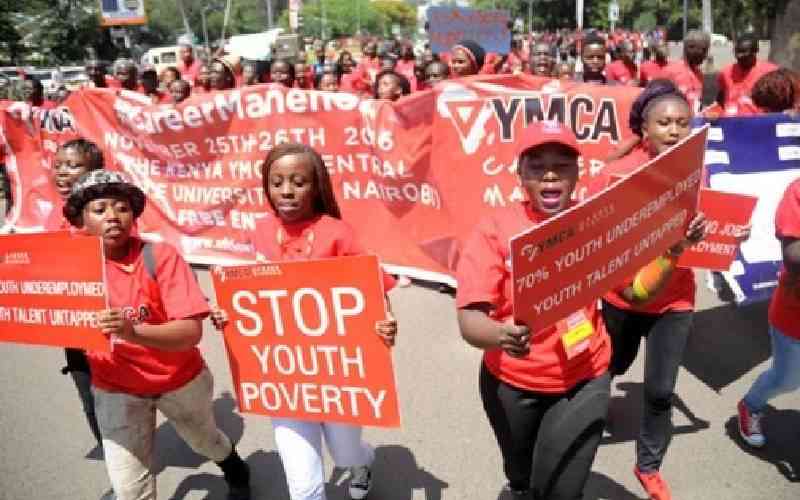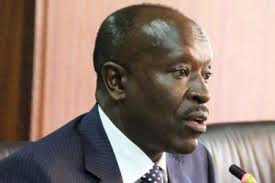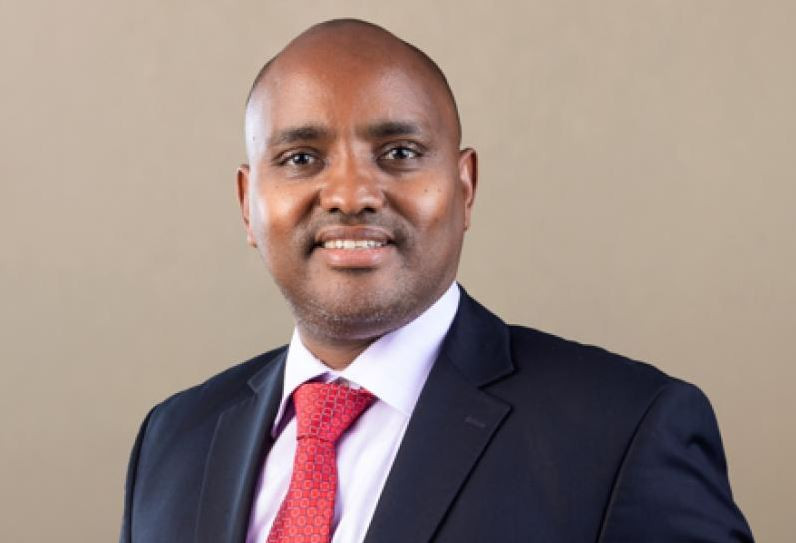
Stakeholders have underscored the need for mentorship programs as a sustainable way to tackle youth unemployment in Kenya, citing the gap between academic training and workplace readiness.
The call was reinforced during the launch of the inaugural cohort of the MD Mentorship Program, spearheaded by Treasure Communications in partnership with Generation Kenya.
The program, which will run for the next five years, aims to equip young people with leadership skills, professional networks, and industry exposure to boost their employability.
Francis Mworia, Managing Director of Treasure Communications, said the initiative is tailored to nurture a new generation of leaders who can adapt to market demands and drive innovation.
“What we are doing with this program is empowering young people, giving them insights around leadership, and exposing them to different environments so that they can take up roles that match industry needs,” he explained.
The first cohort brings together 20 participants who will undergo a 12-month mentorship journey designed to prepare them for leadership roles and transform their career trajectories.
The program is structured into four phases, beginning with self-awareness and classroom training, followed by practical exposure to brand management, leadership simulations, and market immersion.
Participants will also get the chance to step into the role of an MD for a day, offering firsthand experience in executive decision-making.
Mworia emphasized that the mentorship is not limited to Treasure Communications, but is intended to raise capacity across the marketing sector and beyond. “We are looking at how to transform the entire marketing environment, building networks and skills that will positively impact the industry,” he added.
The launch comes against the backdrop of Kenya’s growing youth unemployment crisis. According to the Kenya National Bureau of Statistics (KNBS), the unemployment rate among young people aged 15 to 24 stood at 11.93 percent in 2024, slightly down from 12.01 percent in 2023.
However, the challenge is deeper when the broader youth population is considered. More than half of Kenya’s unemployed are aged between 20 and 29. Each year, an estimated 500,000 to 800,000 young people enter the labor market, but the economy struggles to create enough decent jobs to absorb them.
Generation Kenya, which has already trained over 34,800 youth in the country 85 percent of whom have secured jobs will provide technical support for the mentorship program.
Mwakio Ngale, Head of Business Development and Innovation at Generation Kenya, described the collaboration as a milestone for youth empowerment.
“This is a five-year journey. Our goal is to ensure every participant has a pathway to success, with access to mentorship, growth mindset training, and opportunities across industries,” he said.
Stay informed. Subscribe to our newsletter
Stakeholders point out that while jobs exist, the biggest challenge lies in a mismatch between available opportunities and the skills young people possess.
Many youths are absorbed into the informal sector, which remains the largest employer but is characterized by precarious, low-paid work with little room for career growth.
Mentorship, they argue, provides a bridge by equipping young people with practical skills, confidence, and leadership capabilities that align with employers’ expectations.
The program attracted more than 150 applicants for its first intake, with only 20 selected. Mworia urged those who missed out not to give up, noting that more cohorts will be rolled out in the coming years. He stressed that mentorship is not only about building individuals but also about shaping industries and communities.
As Kenya grapples with persistently high levels of youth unemployment, initiatives such as the MD Mentorship Program are increasingly being seen as a vital part of the solution.
By bridging the gap between education and the world of work, stakeholders believe such programs will help nurture a generation that can meaningfully contribute to the economy and drive sustainable growth.






